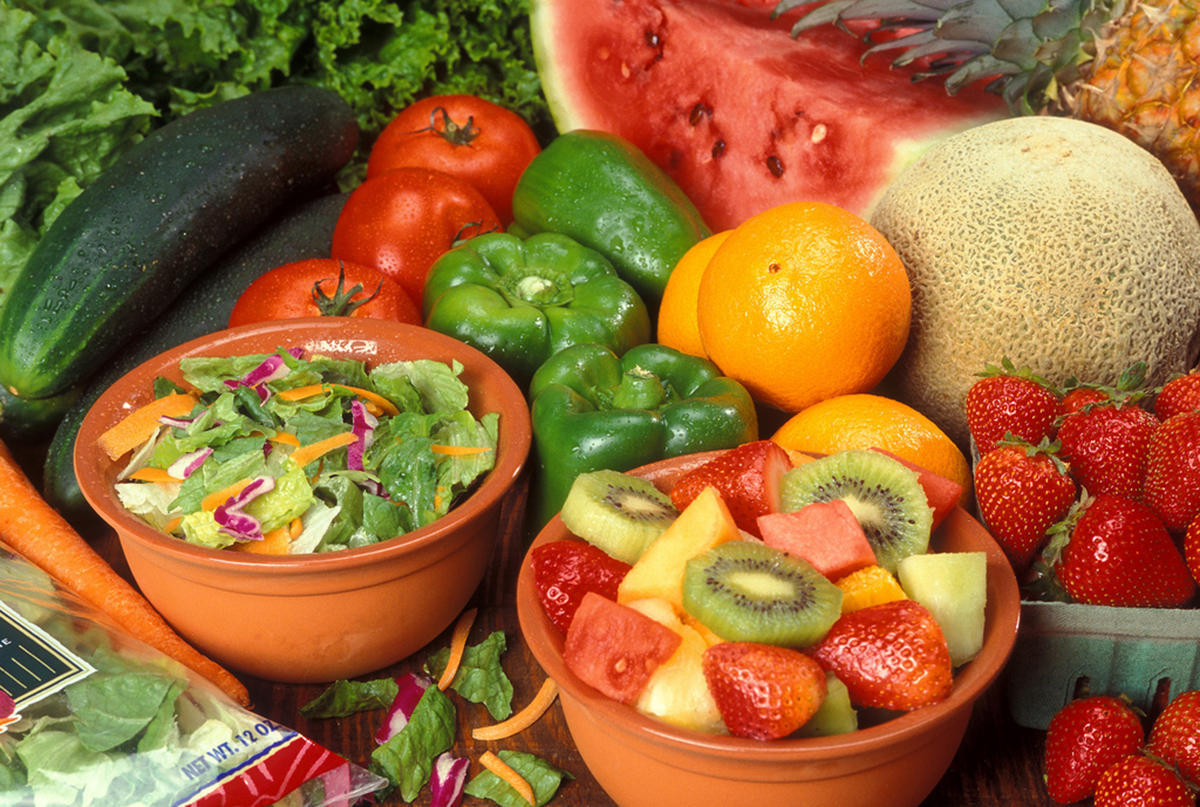Table of Contents
There is no need to raise the pH of the bloodstream, because, except in certain extreme conditions, the pH of the bloodstream never goes down. The nutritional cost of maintaining steady pH, however, can be very high.

What Makes the Kidneys Work Overtime to Maintain Healthy pH
What the advocates of alkaline diets have right is that consuming too much protein stresses the kidneys. That's because protein in our food does not always become protein in our bodies. Some protein becomes amino acids that the body does not need, and those amino acids are converted into sugar (glucose) and urea.
Urea is acidic, so the kidneys will make sure that the bloodstream does not become acidic by pulling calcium from bone and glutamine from proteins all over the body. It's only when we eat too much protein that this process can become a problem--and usually glutamine is available, and only rarely are their shortages of calcium.
How Much Protein Is Too Much?
Some of the advocates of alkaline diets advise that it's important never to eat any meat at all. They might even say that it is important not to eat certain vegetables, or to eat only raw foods.
There actually are limits to how protein it is safe to eat, but vegan diets are not essential to health. (There other reasons one might choose to go vegan, but blood pH is not one of them.) The right amount of protein is:
- Enough that the body has all the amino acids it needs to make its own proteins, but
- Not so much that the body has extra amino acids that it has to transform into urea, which it has to neutralize with calcium or glutamine.
For most adults, the right amount of protein is about 0.8 grams of protein for every kilogram of body weight per day. If you weigh 70 kilos (154 pounds), then you need 56 grams (2 ounce) of protein every 24 hours. If you weigh more, you need proportionally more protein, and if you weigh less, you need less protein. Children and teenagers typically need a little more protein than adults, but because they weigh less, they can get by with eating less.
The maximum amount of protein an adult can process without having to detoxify the urea is about 150 grams (600 calories) per day. When most adults eat more than 230 grams (920 calories) of protein a day, the detoxifying process is overloaded, and toxic byproducts build up in the bloodstream--although pH does not necessarily go down.
Read More: Are You Getting Enough Protein?
Sufficient Protein, Acceptable Protein, Excessive Protein
This means that an adult who eats about 3 to 5 ounces (85 to 140 grams) of meat or cheese a day gets enough protein. One serving of protein food a day can be enough. An adult who eats 9 to 15 ounces (255 to 420 grams) of high-protein food a day is beginning to experience higher blood sugar levels because of protein consumption (whether or not sugar and high-carb food diets are in the diet) but won't have a problem detoxifying. An adult who eats about 12 to 20 ounces (336 to 560 grams) of protein food a day causes the build up of toxic urea in the bloodstream.
Many people eat too much protein. It's preferable to eat just one serving of protein day, and if you are used to eating more, to choose more vegetables and fruit in its place. But it's never necessary to take an expensive, alkalizing formula to help the kidneys do their work. Eat right, and healthy kidneys can take care of pH on their own.
- Krupp D, Shi L, Remer T. Longitudinal relationships between diet-dependent renal acid load and blood pressure development in healthy children. Kidney Int. 2013 Sep 11. doi: 10.1038/ki.2013.331.
- Pereira PC, Miranda DM, Oliveira EA, Silva AC. Molecular pathophysiology of renal tubular acidosis. Curr Genomics. Mar 2009.10(1):51-9.
- Photo courtesy of U.S. Department of Agriculture by Flickr : www.flickr.com/photos/usdagov/8453554475/
- Photo courtesy of U.S. Department of Agriculture by Flickr : www.flickr.com/photos/usdagov/8453555721


Your thoughts on this